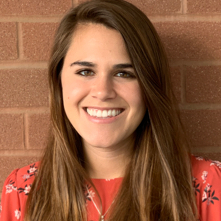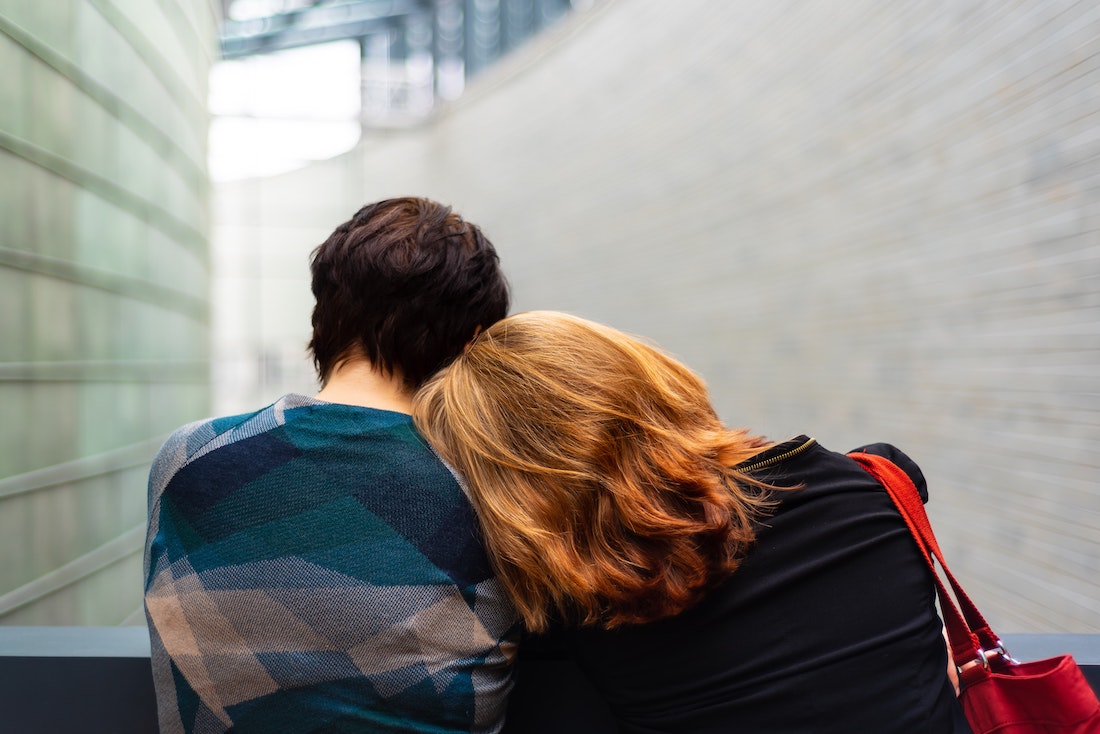What is atypical anorexia? Is it an official eating disorder? How do you know if you’re struggling? How do I begin atypical anorexia recovery? Is atypical anorexia recovery possible? Let’s dive in.
What does “atypical anorexia” mean?
Despite its name, there is nothing “atypical” about atypical anorexia. In fact, atypical anorexia shares the exact same warning signs as anorexia. However, a person struggling with atypical anorexia might not lose weight. If they do, they may not be considered “underweight” by medical professionals (who are not Health at Every Size or HAES aligned). More people struggle with “atypical anorexia” than anorexia.
Atypical anorexia and anorexia are similar behaviorally and psychologically. Therefore, how are they different? First, one theory is weight stigma. Read more about weight stigma’s effect on eating disorder recovery. Check out our linked blog!
Unfortunately, our culture encourages weight loss. Notably for those in a larger body. Additionally, our culture believes that food restriction shouldn’t be taken seriously. With the exception of losing a large amount of weight. This is a result of us being taught that malnutrition only occurs in people at a very low weight. In fact, malnutrition can occur at any body size. Despite popular belief, limiting food intake is not normal. Regardless of body shape or size. In summary, everyone deserves to get support for eating disorder behaviors.
If you’re in the process of atypical anorexia recovery. Perhaps you think you might have an eating disorder. I am so sorry if your ED was ever invalidated. When clinicians recognize the biases we have, we can save lives. In other words, referring clients to treatment sooner rather than later is critical.
What are the warning signs?
Signs and symptoms of atypical anorexia include:
- Extreme fear of weight gain
- Negative body image and/or body dysmorphia
- As well as restricted food intake
- Isolating from family or friends
- Avoiding situations that involve food. For example, not eating at social events
- Rigid meal planning
- Compensatory behaviors. For instance, exercise or purging
- Lastly, obsessing about body shape/size
It is critical to remember that the results of atypical anorexia can be serious. Additionally, a person doesn’t have to lose weight. However, they can still be malnourished. For example, dizziness, slow heart rate, GI issues. As well as bone density loss, fatigue, are all serious symptoms aside from weight loss.
Asking for help can be scary. If you don’t know where to start, Courage to Nourish is here to help. Reach out to us with any questions about beginning your journey. We are happy to work with you. Or direct you to local resources.
How can you recover from atypical anorexia?
Contrary to popular belief, you do not need an official diagnosis from a doctor to seek support. It will be helpful to find a dietitian and a therapist. Additionally, it’s important that they both specialize in working with eating disorders.
For more information about beginning your recovery journey, read our blog. 5 Steps to Get Help for Anorexia.
Get Help with Atypical Anorexia
Courage to Nourish is a group of eating disorder specialized dietitians. We have in person locations in Alexandria, Virginia, Columbia, Maryland. and College Park, Maryland. We offer virtual services across the state of Virginia, Washington DC, Pennsylvania, and Colorado. We offer individual nutrition therapy. As well as support groups. We would love to guide you in building a better relationship with food.
Contact us for more information. And to schedule a discovery call. Also, sign up for our client or clinician newsletter!
Take one of our eating disorder quizzes:

Helping my clients cultivate meaningful connections and interests outside of their eating disorder is a true passion of mine. I like to think my clients and I are on a team to navigate recovery. I love working with high school and college students as well as athletes seeking to have a better relationship with exercise. I am a proud anti-diet dietitian and work with my clients through a Health At Every Size © and intuitive eating framework.


